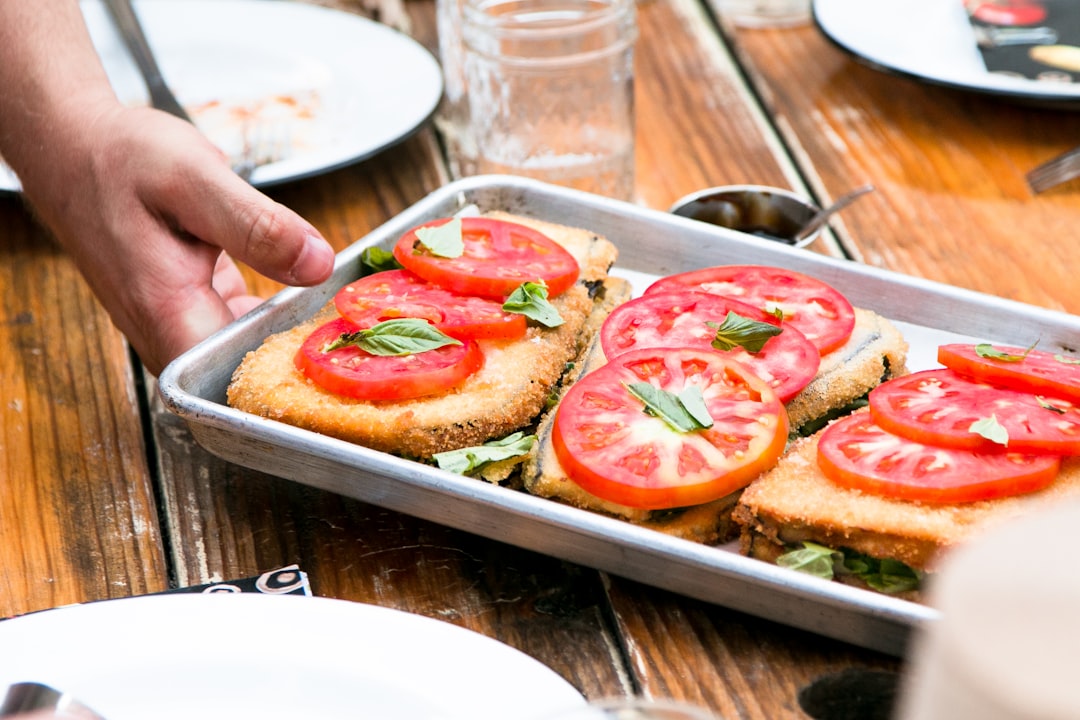Onions, tomatoes, salt, tuna, wine, and oranges seem to be ordinary food items for a common person like me, and are all part of our mundane routine. We buy them, have them, enjoy them but rarely appreciate them. Pablo Neruda, a Chilean poet, wrote “odas elementales” that were translated together into English as The Elementary Odes of Pablo Neruda in 1961. And you know what? These odes are about nothing but common day-to-day objects.

Pablo Neruda’s Odes capture the readers’ attention by defamiliarizing the ordinary food items. Pablo Neruda transforms these ordinary food items into magical poetic elements. Have you ever considered an onion as a “luminous flask” or an artichoke as an “armored knight”? Well, Pablo Neruda has the poetic power to personify these ordinary food items into extraordinary ones. Using the defamiliarization of these, Neruda has highlighted some of the social and political problems like poverty and colonization.
Oda al tomate
In his Ode to Tomatoes, he compares tomato to an inexhaustible sun. During the preparation of salad, it rests cheerfully with other vegetables, especially onion to which it got married. Olive oil, pepper, salt and parsley are added for flavors. This lively blend shows the mixture of Chile and Spanish culture during Spanish colonization of Chile. Tomato is depicted as majestic and benign which sheds its light. When the knife sinks into its red viscera and flesh, it looks like an actual murder.
Oda a la alcachofa
Here comes Ode to the Artichoke. Pablo Neruda sees artichoke as an armored knight with a delicate heart arriving in the garden full of carrots with rusty mustaches, cabbages with petticoats and smell of oregano. the artichoke gets ready to go in the market where it is bought by a lady. In the end, the artichoke serves its heart to guests at the table.
Oda a la cebolla
Onions make us cry without hurting us. Yes, Pablo Neruda is right. In his Ode to Onion, he calls onion as a luminous flask and its leaves as swords. Pablo Neruda poetizes it using his magical powers. While onion is a least interested thing for a common person as it does not taste good, Neruda sees it as a Greek goddess Aphrodite. Onion seems more beautiful than a bird to him. It is compared to a planet which is destined to shine. This ode shows how important and divine onion for poor people during the extreme poverty. It was a means of survival.
Oda al vino
In his Ode to Wine, Neruda talks about the richness and sensuality of the wine. He depicts wine as a lavish and sensual woman. He describes wine as night colored wine or day colored wine, wine which is soft like “lascivious velvet” and wine which is smooth like golden sword. In a paragraph, he compares wine and its ingredients to a woman body and its parts. He compares the wine to velvet, blood, women.
Oda al maíz
In his Ode to Maize, Pablo Neruda tells that maize is among the staple food of the South American people. It enriches the diets of South Americans especially the peasants, the miners and the working people. The maize shoot seems to be green lance to him covered with golden grains. According to him, the maize is a weapon against hunger. It nurtured the hearts of the poor children. When cornmeal used to reach the table of the hungry miners, it seemed like a treasure. Its radiance used to light up the faces of the poor miners and workers.
Oda a un gran atún en el mercado
In his Ode To a Large Tuna in the Market, he compares a tuna as bullet barreled from the abyss. He finds tuna as a “deceased king” of the ocean laid among carrots, grapes, lettuces, sea foam etc. He finds these vegetables to be frail and useless. According to him, tuna is “a solitary ship” and other vegetables are “the bewildering rout of nature”. Tuna is pure and unflawed unraveling the unknown, unfathomable depth of the ocean abyss.
Oda Al A Sal

Salt is one of the most basic necessity of a human. The history of salt is depicted in his Ode To Salt. The line “And then on every table in the world, salt, we see your piquant powder sprinkling vital light upon our food” describes the sharp taste of the salt. He wrote “Preserver of the ancient holds of ships” to glorify the history of salt. Pablo Neruda personifies the salt by writing that it sings in the salt mines and it moans in the salt caves. According to him, salt imparts the essence of ocean to every seasoned dish.
Pablo Neruda, by some king of alchemy, turns these most ordinary things into majestic, beautiful and divine one. Some odes have deeper meaning as they are highlighting some social and political issues. Next time sprinkling some salt, slicing tomatoes, dicing few onions with tear in eyes, having a swig of wine won’t be same as before. It will definitely take to the world of magic where these food items are people telling their stories which only few can listen and rarely understand. Every day-to-day thing has its own importance neglected by us. Pablo Neruda brought out the beauty out of these ordinary food items. Hope we’ll find some beauty in other things too.








